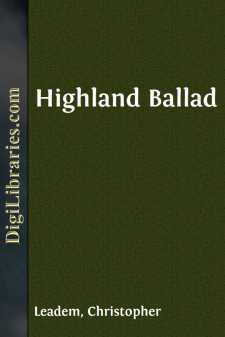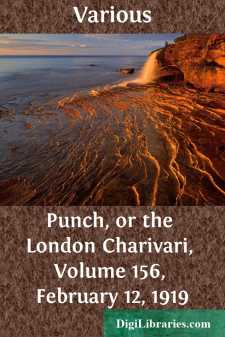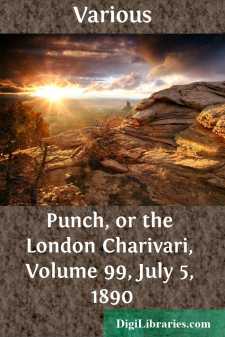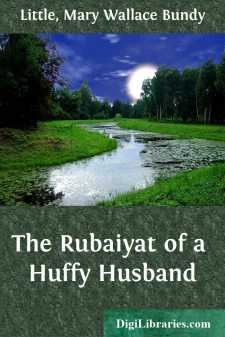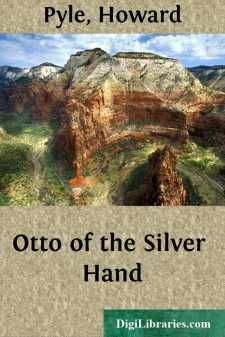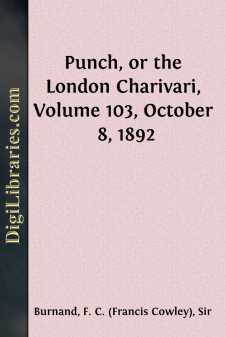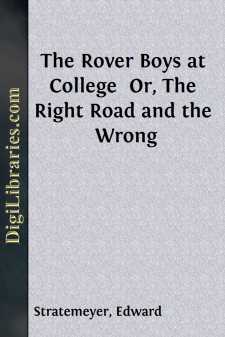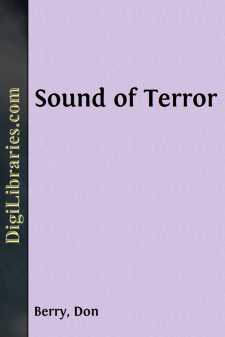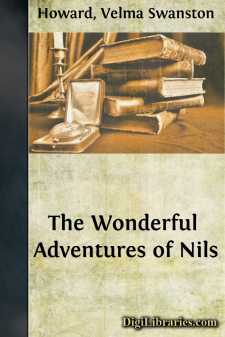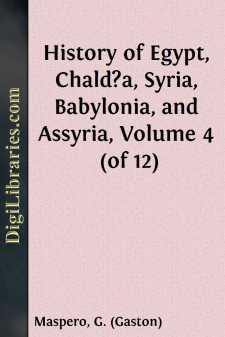Categories
- Antiques & Collectibles 13
- Architecture 36
- Art 48
- Bibles 22
- Biography & Autobiography 813
- Body, Mind & Spirit 142
- Business & Economics 28
- Children's Books 17
- Children's Fiction 14
- Computers 4
- Cooking 94
- Crafts & Hobbies 4
- Drama 346
- Education 46
- Family & Relationships 57
- Fiction 11829
- Games 19
- Gardening 17
- Health & Fitness 34
- History 1377
- House & Home 1
- Humor 147
- Juvenile Fiction 1873
- Juvenile Nonfiction 202
- Language Arts & Disciplines 88
- Law 16
- Literary Collections 686
- Literary Criticism 179
- Mathematics 13
- Medical 41
- Music 40
- Nature 179
- Non-Classifiable 1768
- Performing Arts 7
- Periodicals 1453
- Philosophy 64
- Photography 2
- Poetry 896
- Political Science 203
- Psychology 42
- Reference 154
- Religion 513
- Science 126
- Self-Help 84
- Social Science 81
- Sports & Recreation 34
- Study Aids 3
- Technology & Engineering 59
- Transportation 23
- Travel 463
- True Crime 29
Sort by:
One The red sun rose slowly, achingly across the high Scottish moor, touching with melancholy gold the patching hoar frost and purple heath. For this was a land of pain, and stark beauty, and restless dream. Here the spirits of the dead walked by night through grim castles of shadow and dust, their glory long past. Here the spirits of the living grieved by day for a proud and chivalrous time forever...
more...
by:
Various
A LOVE TRAGEDY. He was a smart new clinical thermometer. She was a pretty nurse in an influenza ward. His figurings were clear and his quicksilver glittered. Her eyes were blue and a little curl peeped from under her cap. He fell madly in love with her; and when her dainty fingers toyed with him his little heart swelled to bursting and he registered all he could. So when she took her morning...
more...
by:
Various
WEEK BY WEEK. We understand that careful observers have noted a considerable amount of disturbance in the House of Commons during the past three weeks. Various reasons have, as usual, been advanced to account for this phenomenon, one eminent politician having gone so far as to hint darkly at the existence of Cave-men (or Troglodytes), who dwell in barrows. The weather has been subject to strange...
more...
THE RUBAIYAT OF A HUFFY HUSBAND II wake, the Sun does scatter into FlightThe Dreams of Happiness I have each Night,O blessèd Dreams—full of Domestic Bliss,Too soon alas! They're banished with the Light. I'm going to tell in just the Briefest wayThe cause of all my Anguish—if I may—Then one and all will know the Reason whyMy Mien is Solemn, and I am not Gay. IIIOn Christmas day a good...
more...
by:
Howard Pyle
FOREWORD. Between the far away past history of the world, and that which lies near to us; in the time when the wisdom of the ancient times was dead and had passed away, and our own days of light had not yet come, there lay a great black gulf in human history, a gulf of ignorance, of superstition, of cruelty, and of wickedness. That time we call the dark or middle ages. Few records remain to us of that...
more...
AT A HYPNOTIC SÉANCE. SCENE—A Public Hall in a provincial town. The Hypnotist—a tall, graceful, and handsome young man, in well-fitting evening clothes—has already succeeded in putting most of his subjects to sleep, and is going round and inspecting them critically, as they droop limply on a semicircle of chairs, in a variety of unpicturesque attitudes. The only Lady on the platform is evidently...
more...
CHAPTER I ON THE TRAIN "We're making time now, Tom." "Making time?" repeated Tom Rover as he gazed out of the car window at the telegraph poles flashing past. "I should say we were, Sam! Why, we must be running sixty miles an hour!" "If we are not we are making pretty close to it," came from a third boy of the party in the parlor car. "I think the engineer is...
more...
by:
Don Berry
The day was still no more than a ragged streak of red in the east; the pre-dawn air was sharply cold, making Johnny Youngbear's face feel slightly brittle as he dressed quietly in the gray bedroom. He sat down on the bed, pulling on his boots, and felt his wife stir sleepily beneath the covers. Suddenly she stiffened, sat upright in the bed, startled into wakefulness. Johnny put one dark, bony...
more...
THE BOY THE ELF Sunday, March twentieth. Once there was a boy. He was—let us say—something like fourteen years old; long and loose-jointed and towheaded. He wasn't good for much, that boy. His chief delight was to eat and sleep; and after that—he liked best to make mischief. It was a Sunday morning and the boy's parents were getting ready to go to church. The boy sat on the edge of the...
more...
CHAPTER I THE FIRST CHALDÆAN EMPIRE AND THE HYKSÔS IN EGYPT Syria: the part played by it in the ancient world—Babylon and the first Chaldæan empire—The dominion of the Hyksôs: Âhmosis. Some countries seem destined from their origin to become the battle-fields of the contending nations which environ them. Into such regions, and to their cost, neighbouring peoples come from century to century to...
more...


